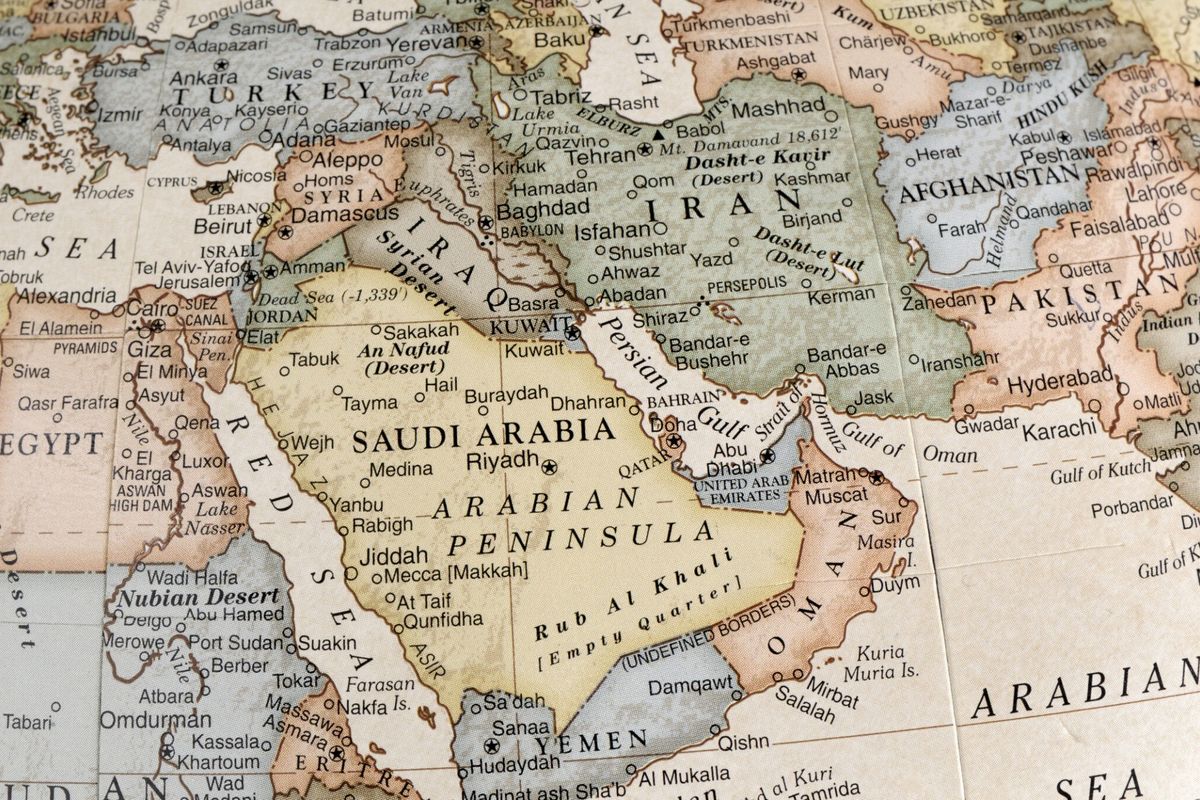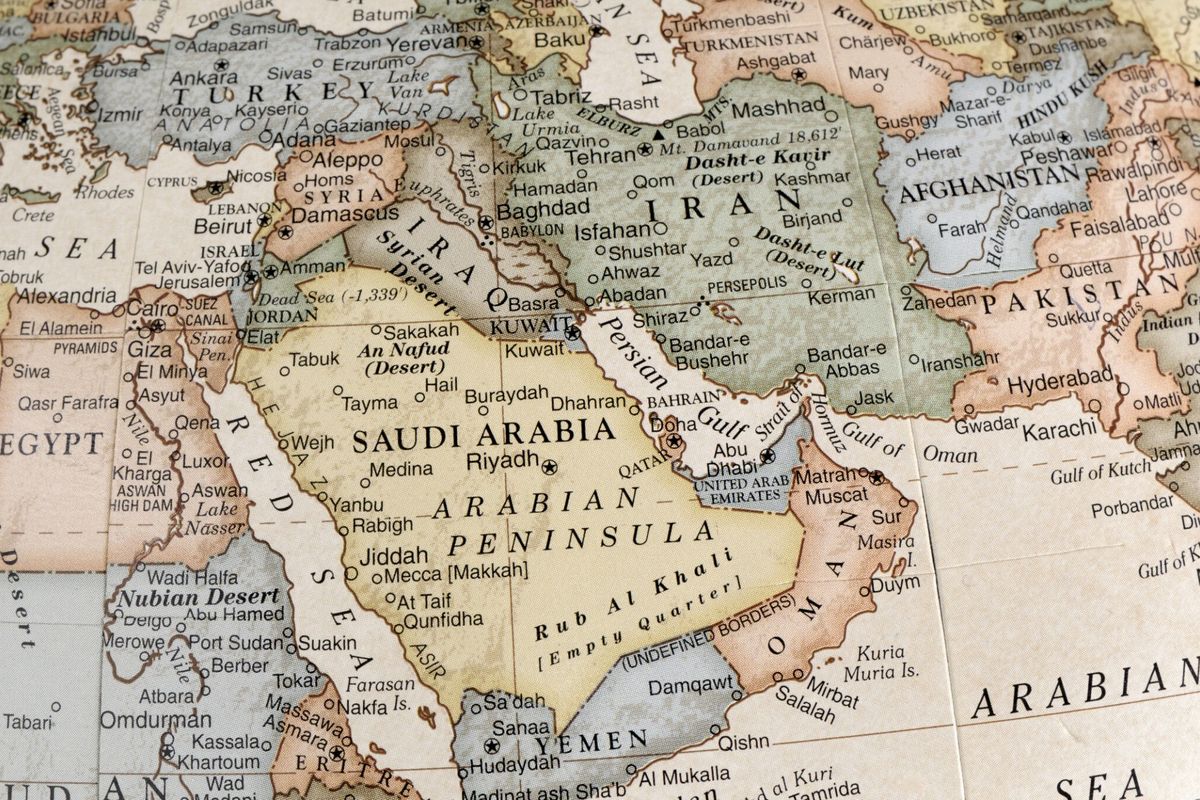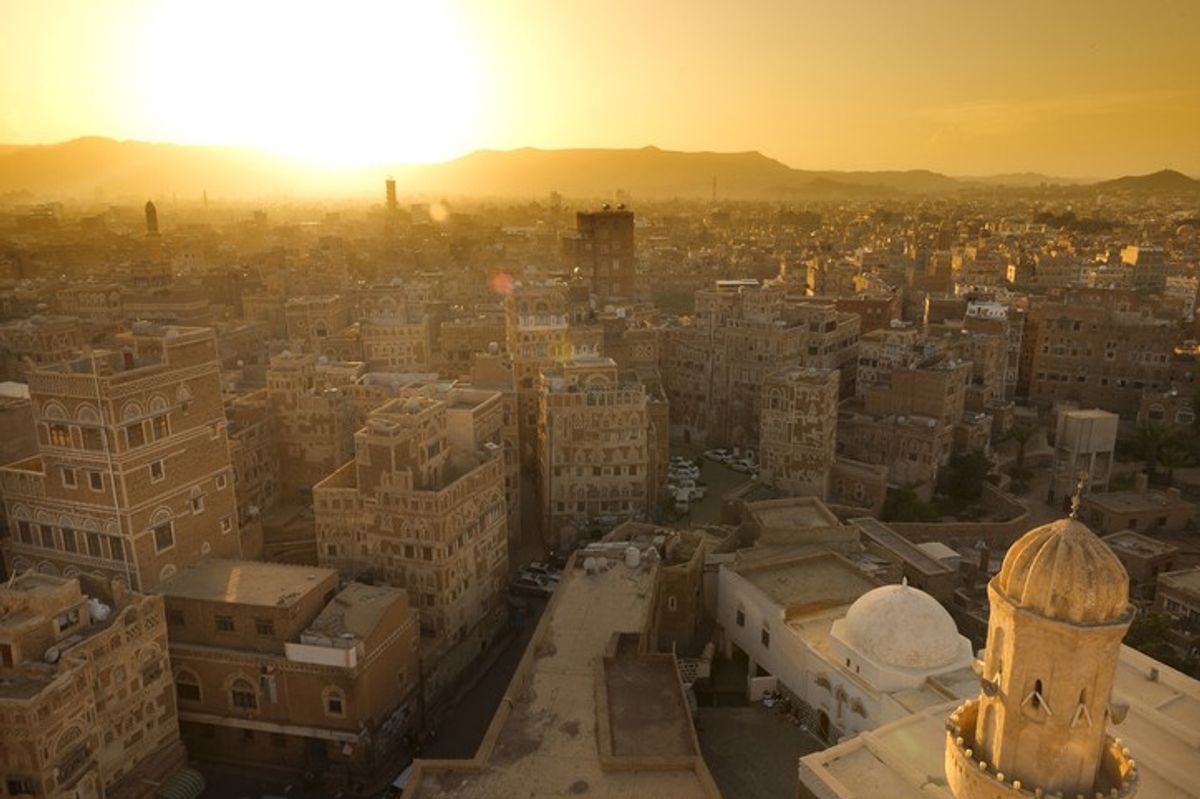On Saturday, Saudi Crown Prince Mohammed bin Salman ordered the arrests of dozens of ministers and other members of Riyadh’s elite, as part of a broader effort to ostensibly crackdown on corruption. Veteran Saudi/Mideast intelligence officer and Cipher Brief expert Norman Roule offered a more positive take than other network experts, in conversation with The Cipher Brief's Executive Editor Kim Dozier.
The toughest part of an analyst’s job is to look past a simple description of the problem and identify opportunities for policymakers. Much of the commentary on events in the Kingdom focus on the risks associated with the weekend’s developments. This is prudent, but I think we need to look beyond these events as only the consolidation of power by Crown Prince Mohammed bin Salman. We should also view this as a bold attempt at national redefinition by the Saudi King and Crown Prince. The issue now is how our engagement with the Saudis can encourage the positive aspects of this process.
Roule says Saudi Arabia works on the basis of familial consensus that used to depend on a much wider group of royals. The latest purge has narrowed that to just the King and the Crown Prince, done with such stealth that none of the top family members knew it was coming.
The events of last weekend were extraordinary. A reshuffling of national leadership, public blame of Iran for involvement in the Houthi missile attack on Riyadh, and the resignation of the Lebanese Prime Minister [Saad Hariri] in which he excoriated Tehran.
The fact that all of this was managed with speed and secrecy – despite the profile of the individuals detained – also tells us something about the efficiency of the architecture. Any single one of these events would challenge a leadership. Managing all three simultaneously says something of the ambitions and risk tolerance of the Saudis. For this reason, some already worry that they are undertaking too much, too quickly.
My view is that Saudi leadership sees the future of the country requires a different form of royal family leadership that is able to modernize the country, and this will require a tougher line on corruption as well as critics. Slow reform will not achieve these goals and hence the dramatic developments of the weekend. Of note, there was little regional opposition to the weekend’s events, and international oil markets remained calm.
With potential critics thus sidelined, the Crown Prince can push ahead with aggressive reforms, Roule said.
Of course, these are early days in what will be a multi-decade program. We should expect missteps, and if history is any judge, some reforms will not work out and mistakes will be made. The return of money from those convicted of corruption will certainly help the country’s ambitious development program while simultaneously supporting the narrative that anyone engaged in corruption – to include royals – will not escape punishment.
There are problems the Kingdom needs to address, but imagine someone asking a few years ago how we would react if we had a Saudi leadership that publicly called for a “moderate form” of Islam, granted women the right to drive, announced a corruption campaign that targeted royals and senior officials, championed an unprecedented modernization effort that tried to provide employment outside the oil sector, and simultaneously pushed back on Iran and its surrogates?
Well, all of this has begun.
Again, early days and the execution of this complex program may be the greatest challenge ever undertaken by the Saudi government, but it is hard not to see some good news here.













